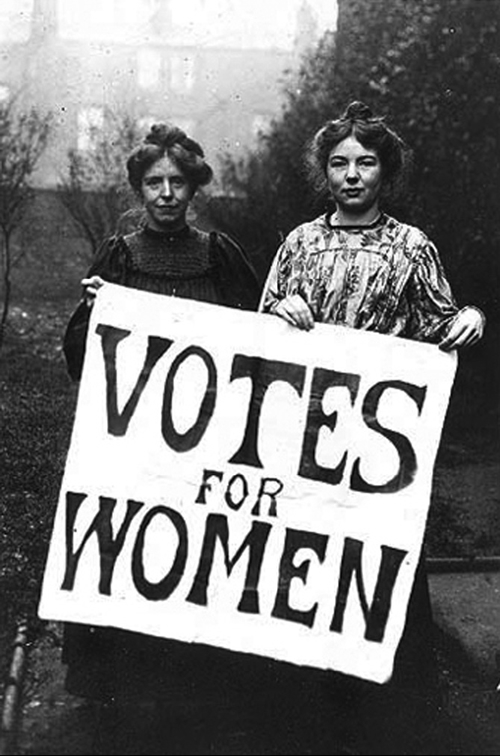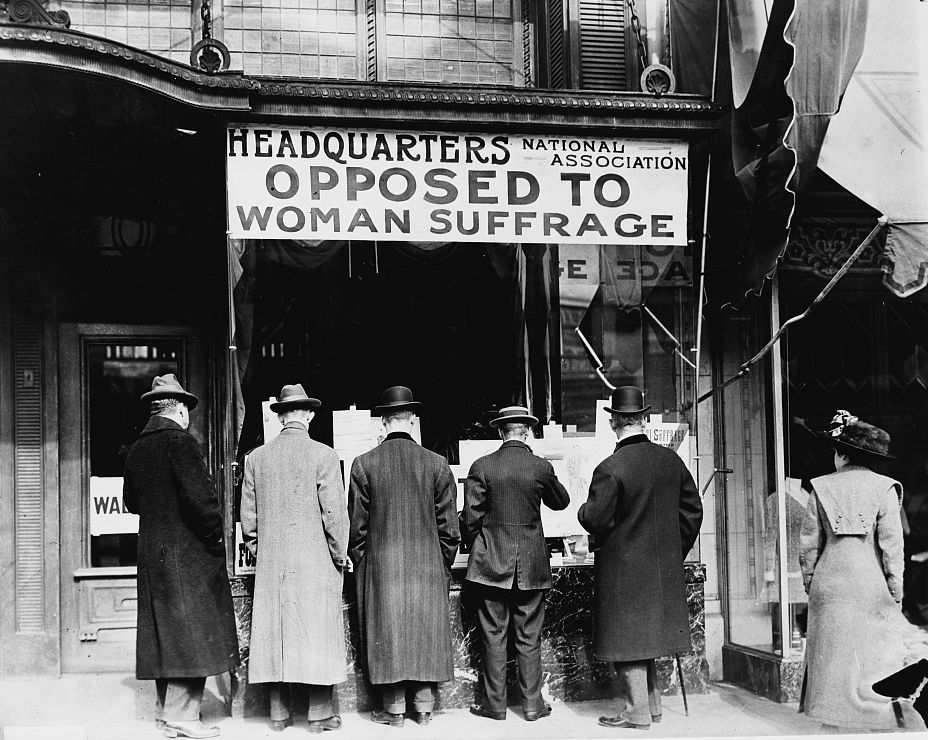The American Empire

After a venture that lasted for over a decade, the group of settlers that headed north for Alaska finally reached the more fertile archipelago with access to wild game and seafood to eat. The city of Anchorage was founded near the local game, and a group of workers and minutemen are set to arrive to the area quite shortly. President Roosevelt doesn't know what he exactly hoped to accomplish in the area, but he wasn't going to kill those settlers in the cold.
With the settling of Anchorage, the state of Alaska had formally became founded.



The city of Québec was taken easily and smoothly after a short bombardment and battle by our troops. The Riflemen set there for defense were quite weak, and reinforcements from other areas of the United States got to the area quite quickly, hastening the battle.
The state of Quebec just became a bit more populous.

After a long journey, a group of settlers, a division of workers, and some Minutemen landed on the area to the east of the Dutch holdings in South Africa. It appears the Portuguese planned on invading somewhere near the area, or they might have just lost a city, seeing as they had multiple troops stacked up upon ruins.


President Roosevelt renewed some deals, created new deals, and even improved them in some cases. We started a trade with the Dutch for gold in exchange for horses, and made our deal with Spain even better than it was previously.
President Roosevelt continued to make the United States flourish.


One of the more controversial moves that President Roosevelt did was to burn the city of Radisson once it was taken. We had lost a division of Cannons whilst bombarding, but we had lost no other troops. President Roosevelt defended his actions by stating that the city would only make the surrounding cities weaker by taking their food and resources, and that the city of Radisson would never amount to anything either way.
Unitarians quickly seized on his comments saying he is a supporter of genocide, along with accusing him of being hypocritical in saying Radisson would never have amounted to anything despite settling a city in Alaska. Unitarians have thus started to campaign on the idea that Democratic-Republicans support Roosevelt, a man who they say is a hypocrite and evil for killing innocent Quebecans.

Despite the accusations from the Unitarians, Roosevelt continued his term, and what better way to do that than a good old-fashioned technology trade? Roosevelt traded the idea of democracy with the Ottomans for the technology of Railroads. The invention of the Railroad was absolutely monumental in the history of the United States; troops could be moved quicker, workers could move around the nation quicker, and people could easily travel to other areas to meet with family and to vacation.
However, it was noted that the United States is far behind on the technology front compared to the Ottomans; they already had the knowledge of the Assembly Line, Electricity, and much much more.

Along with the colonization of Africa (much later than the European nations), the United States had also sent out the S.S. Van Buren to Australia to settle another colony. This was all in accordance to the Expand Our Borders Act, and the American people were quite split on it.
Unitarians said that we shouldn't be colonizing foreign lands in such a modern time when these nations should be becoming independent, but the Democratic-Republicans stated we should be utilizing this free land and these free resources. The Democratic-Republicans said that the Unitarians were too soft and weak to support making our nation stronger, while the Unitarians called the Democratic-Republicans insensitive and evil for colonizing foreign lands.
Anyways, with that, the state of South Africa was established, with its capital in the city of Durban.
.jpg?1388596051)














 I send my condolences.
I send my condolences.






